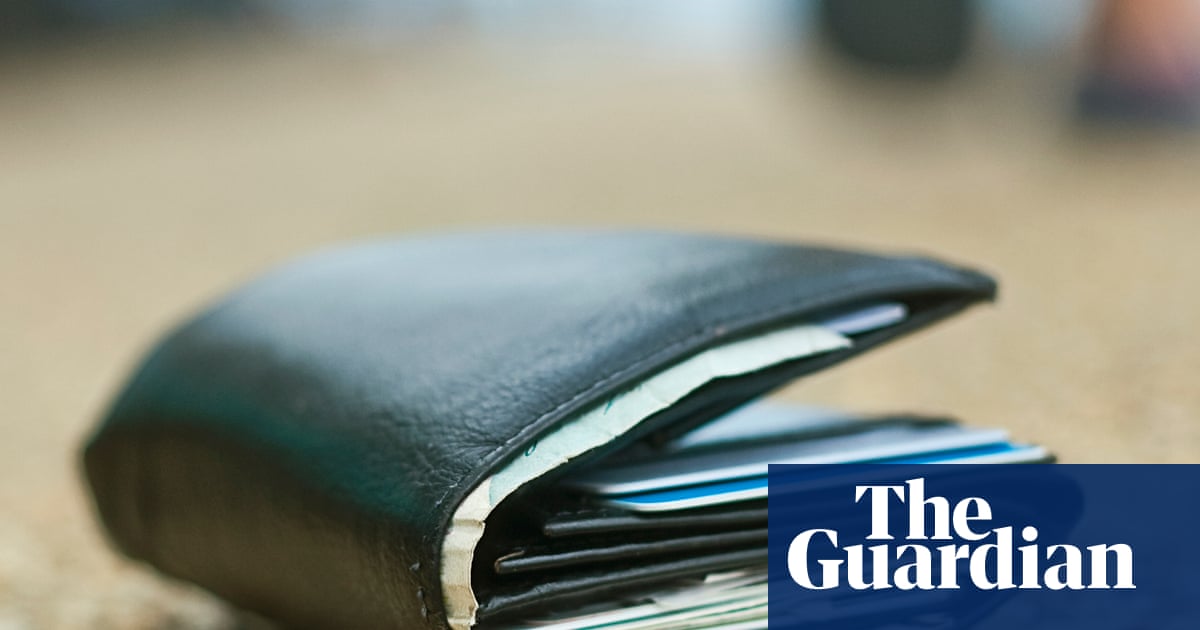
"Name: The wallet. Age: The word originates from the late 14th century, meaning something like knapsack. That's how Shakespeare uses it in Troilus and Cressida, when Ulysses says: Time hath, my lord, a wallet at his back. Hath he now? Not an Apple Wallet, then? It would be useful for carrying apples, or any other seasonal fruit. I meant a digital wallet. We'll come to digital ones."
"But first to 1834, the first recording, in American English, of its modern use. A flat case for carrying paper money? Exactly, and generally made of leather or fabric, foldable, pocket-sized, and sometimes with a coin pouch. Also good for credit and debit cards and passes. Also condoms. Also condoms. I think I know where this is going."
"Less than half of British people now carry a wallet, new research shows, even though 80% admit that they still own a wallet or purse. Is this because of the demise of cash? And the subsequent rise in popularity and growing acceptance of digital wallets. Are we blaming young people? For everything, yes, and certainly for this. While the oldies, who still use debit cards, are reaching for their back pockets, millennials and gen Z present a smartphone or watch."
The word wallet dates to the late 14th century, originally meaning a knapsack, with a modern American sense recorded in 1834 as a flat case for paper money. Wallets are typically leather or fabric, foldable, pocket-sized, and often include a coin pouch and space for cards and passes. Wallets have carried miscellaneous items for decades, even condoms. Fewer than half of British people now regularly carry a wallet despite widespread ownership. The decline is linked to reduced cash use and the rise of digital wallets like Apple Pay and Google Pay, especially among younger generations, while cash persists and digital payment failures sometimes force abandonment of transactions.
Read at www.theguardian.com
Unable to calculate read time
Collection
[
|
...
]